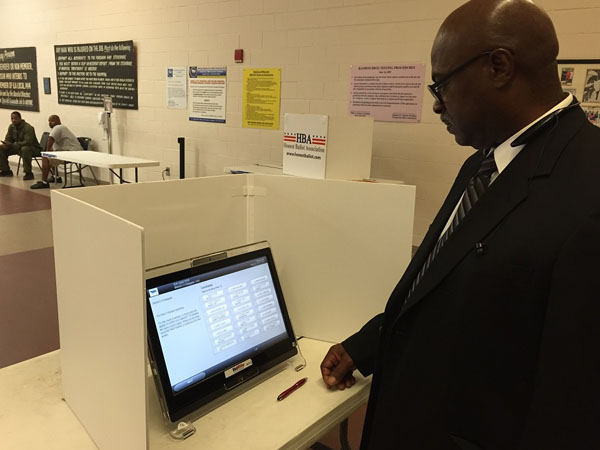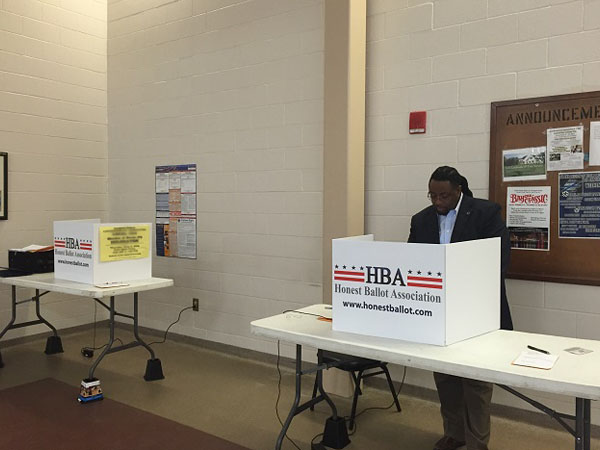
From August 17 to August 20, the Democratic Party will be officially choosing their nominee for President of the United States. However, there are multiple ways that the convention can play out. For instance, it can turn into a brokered convention or a contested convention. Here we discuss the difference between the two:
Brokered convention
When none of the candidates at a presidential convention receive more than half of the available delegates on the first ballot, then that convention is considered a brokered convention. It is not as common today (indeed, the last brokered convention occurred in 1952), as now we use primaries to award delegates to presidential candidates. When a brokered convention does occur, negotiations take place where government officials would try to swing particular delegates over to their preferred candidate.
Contested convention
A contested convention is much more common in the present day, having occurred in the 1980 Democratic convention and the 2016 Republican convention. The term refers to a situation where one candidate has done well, but not well enough to guarantee a nomination on the first ballot. When this occurs, another candidate will try to get delegates to abandon the frontrunner and vote for them instead on the second ballot.
At the Honest Ballot Association, we believe in guaranteeing fair, accurate and accountable elections, which is why we offer electronic voting systems and machines for rent that deliver on this promise. If you are interested in using our services, call the Honest Ballot Association today at 800-541-1851!








